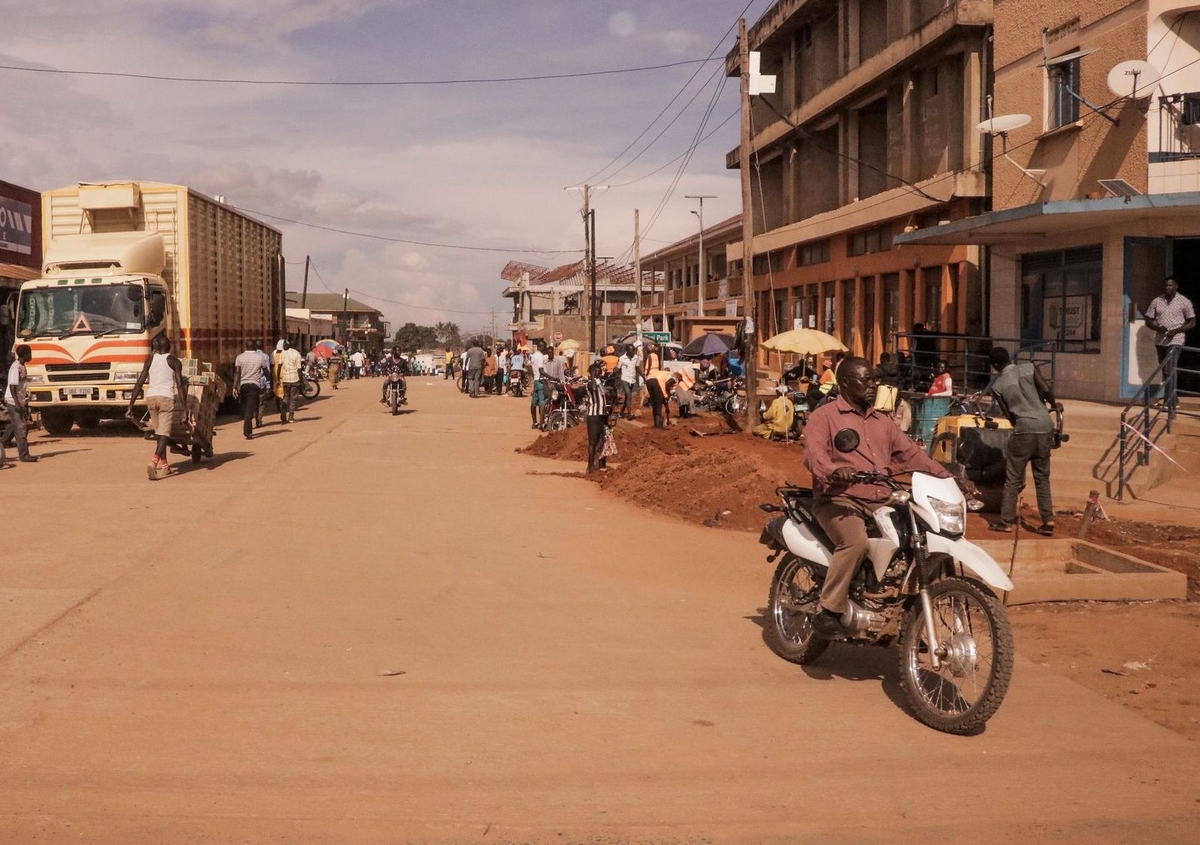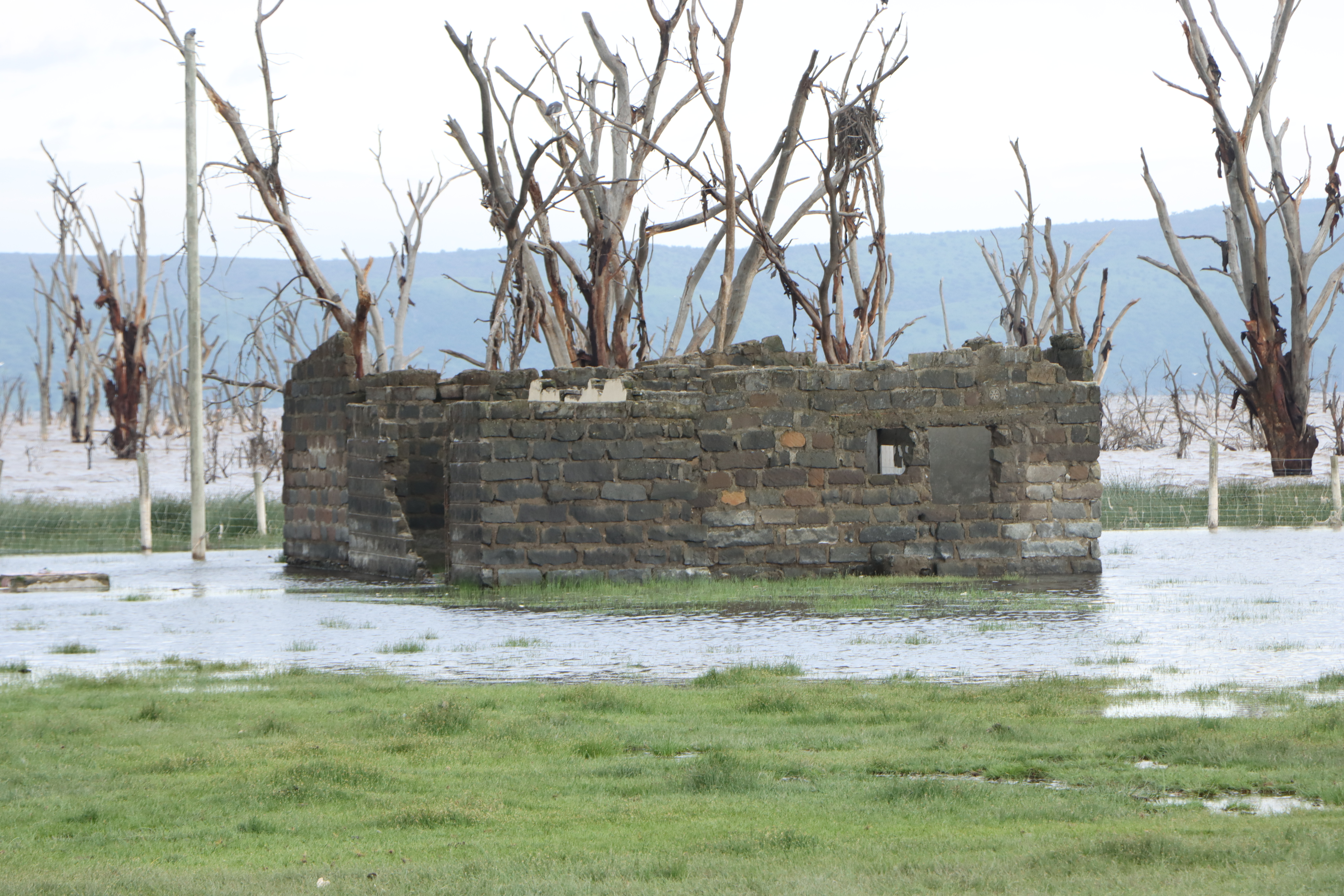The first-ever Africa Urban Forum (AUF) was held from 4-6 September 2024 in Addis Ababa, Ethiopia. Hosted by the Ethiopian government and organized in partnership with the African Union, UN-Habitat, and UNECA, this inaugural forum marked a significant milestone. Member states and urban stakeholders broadly affirmed urbanization as an irreversible trend that must be harnessed for Africa’s structural transformation.
This recognition comes at a crucial time, with 70 per cent of African countries’ GDP generated in cities, and African cities being the fastest-growing globally. By 2050, they are expected to host an additional 814 million people (UNDESA), highlighting the urgent need for rapid, well-planned, and adequately financed urban expansion.
Over the course of three days, hundreds of stakeholders and experts participated in panel sessions, roundtables, and the launch of several urban initiatives. Discussions centred on key challenges unique to Africa, including the infrastructure deficits needed to enhance connectivity both within Africa and globally, the immense shortage of affordable and adequate housing, the prevalence of informal settlements, and the escalating risks posed by climate change and environmental degradation. The persistence of social inequalities and poverty in cities, which are meant to be centres of prosperity and growth, was also a major point of concern.
All these challenges imply considerable investment needs that will be further detailed in the upcoming State of African Cities Report.

Cities Alliance actively participated in several sessions, showcasing sustainable urban practices developed through its programmes. The session 'More resilient African cities as part of the solution for forced displacement and migration', showcased our new four-year programme Supporting Urban Integration of Displacement-Affected Communities (SUIDAC). The initiative, supported by the European Union, focuses on proactive urban planning, job creation for displacement-affected people, and fostering dialogue between migrants and host communities in Eastern African countries.
In the roundtable on 'Enabling Cities to enhance their economic linkages through access to transport corridors', Cities Alliance contributed to shaping a city-focused framework within the EU's Global Gateway initiative. Cities Alliance believes in the transformative potential of these urban corridors, and advocates for a collaborative approach, with key roles for UN-Habitat, the African Development Bank, and others.
Throughout the sessions, Cities Alliance highlighted the transformative potential of urbanization, especially if local governments can gain the capacity to manage their cities, leverage the youth population, mitigate climate risks, and address urban migration in socially inclusive ways.
The event concluded with the release of the Addis Ababa Declaration on Sustainable Urbanization for Africa's Transformation. It outlines five key areas for progress: political will, institutional frameworks, resource mobilization, capacity building, and partnerships.
Cities Alliance remains committed to fostering partnerships and building on the outcomes of the African Urban Forum.




